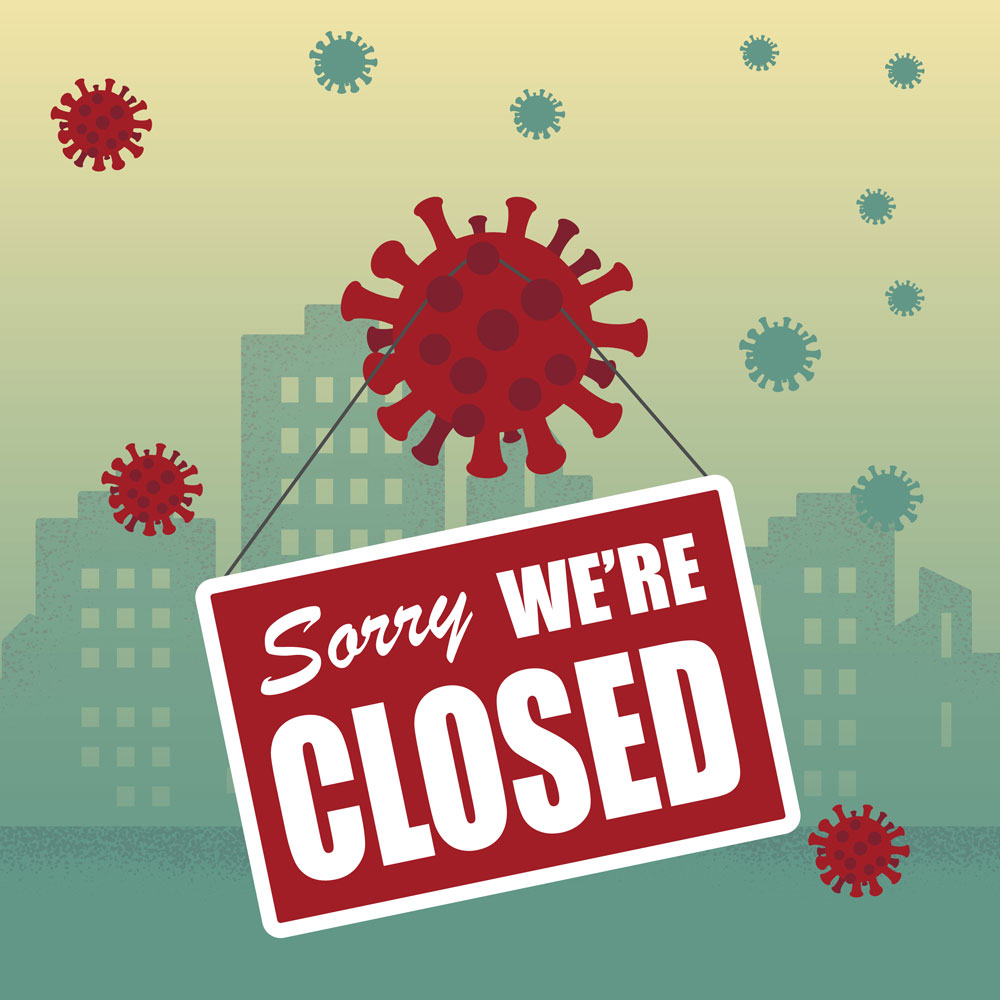In March 2020, Mudpie Inc.—a San Francisco children’s store—ceased operations when California Governor Gavin Newsom ordered all “non-essential” businesses to close due to the COVID-19 pandemic. Because of the shut-down, Mudpie sought coverage for loss of “business income” and “extra expense” under a commercial property policy issued by Travelers Casualty Insurance Company of America (“Travelers”). The Travelers policy provided coverage during the “period of restoration” for loss of business income due to the necessary suspension of the insured’s operations caused by “direct physical loss of or damage to the [insured’s] property.”
The policy provided that Travelers would pay “extra expense” to repair or replace the property, but only to the extent it reduced the amount of loss otherwise payable under the “business income” provision. The policy also excluded loss caused by or resulting from any virus.
Travelers denied coverage because the insured’s loss did not result from “direct physical loss or damage to the property” and due to the virus exclusion.
Mudpie filed a putative class action in the United States District Court (N.D. Cal.) against Travelers on behalf of all similarly situated retailers. The District Court dismissed the complaint and Mudpie appealed. In Mudpie, Inc. v. Travelers Cas. Ins. Co. of Am., No. 20-16858, ___ F.4th___, 2021 WL 4486509 (9th Cir. Oct. 1, 2021)), the Ninth Circuit, applying California law, affirmed the district court’s dismissal order.
The Ninth Circuit specifically rejected the insured’s argument that “direct physical loss or damage” can be satisfied where the insured’s property is merely rendered unsuitable for its intended purpose: “We cannot endorse Mudpie’s interpretation because California courts have carefully distinguished intangible, incorporeal, and economic losses from physical ones.” Id. at *4-5. The Court held that “direct physical loss of or damage to property” requires a “distinct, demonstrable, physical alteration” or a “physical change in the condition of the property.” Id. at *4, construing MRI Healthcare Ctr. of Glendale Inc. v. State Farm Gen. Ins. Co., 115 Cal. Rptr. 3d 27, 37–38 (Cal. Ct. App. 2010). That the insured merely suffered a “detrimental economic impact” without an accompanying physical loss of or damage to the property was insufficient to create coverage. Id. Following California rules of contract interpretation, the Ninth Circuit determined that the policy language, used in its “ordinary and popular sense,” was “clear and explicit” and therefore governed. Id., citing Foster-Gardner, Inc. v. Nat’l Union Fire Ins. Co., 18 Cal. 4th 857, 868 (1998); AIU Ins. Co. v. Superior Ct., 51 Cal. 3d 807, 822 (1990); E.M.M.I. Inc. v. Zurich Am. Ins. Co., 32 Cal.4th 465, 472 n.2 (2004).
The Ninth Circuit also relied on the California rule of contract interpretation that “language in a contract must be construed in the context of that instrument as a whole … and cannot be found to be ambiguous in the abstract.” Under the policy’s insuring agreement, the insured can receive loss of business income coverage only during the “period of restoration.” The “period of restoration” ends on “[t]he date when the property … should be repaired, rebuilt or replaced with reasonable speed ….” The “period of restoration” clause, therefore, only has meaning where the property has suffered direct physical damage.
To further support its decision, the Court held that “[t]o interpret the Policy to provide coverage absent physical damage would render the ‘period of restoration’ clause superfluous.” The Court also determined that the policy’s virus exclusion barred coverage.
The Ninth Circuit’s decision, applying California law, is consistent with those throughout the country that loss of business income coverage does not apply when a business shuts down due to a COVID-19 closure order since there must be direct physical damage to the property.


